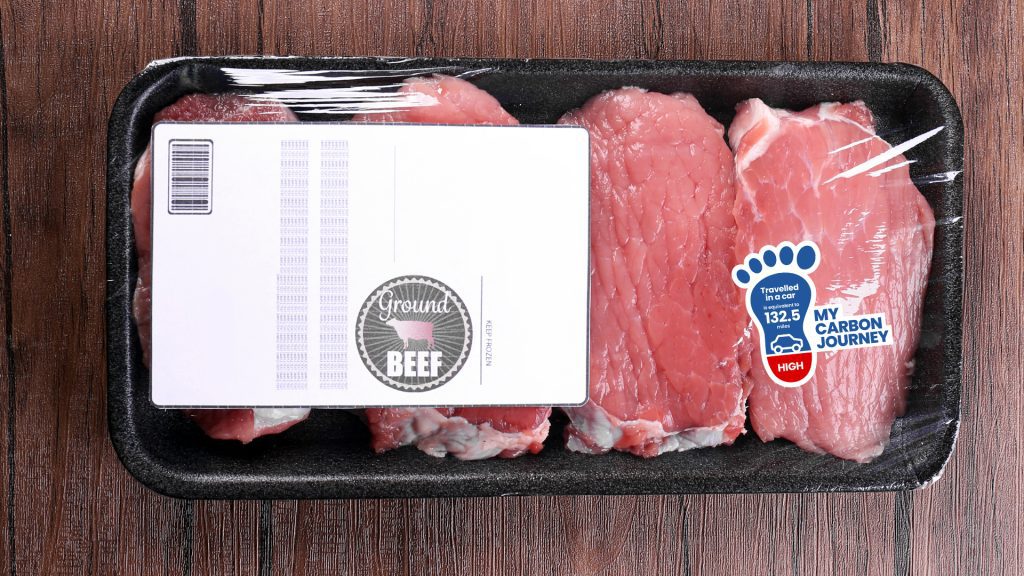Posts by Ashbury Global
PEAL Food Allergen Labelling Australia: A Complete Guide to the New Legal Requirements
What is PEAL Labelling? If you export foods to be sold in Australia and New Zealand, you need to comply with the Australia New Zealand Food Standards Code (ANZFSC), which includes all requirements for allergen declarations. On 25th February 2021, changes were introduced into law via the ‘Plain English Allergen Labelling’ – ‘PEAL’ – amends…
Read MoreFree-From Festive Feasts: How Much Will They Set You Back?
Most of us think of Christmas as a time filled with family, festivities and a full belly. But people with food allergies may struggle to please their appetite this Christmas, with allergen-free alternatives to festive favourites less available and costing more at the till. Roughly 2% of adults in the UK live with a food…
Read MoreInclusive Labels for the Visually Impaired: Challenges & Solutions for the Food Industry
Inclusivity is an increasing consideration for brands, but also from a business perspective – enabling more consumers to utilise their products conveniently. It’s estimated 1.1 billion people across the globe live with vision loss, limiting how easy it is for them to select and use products in the same way as those with full sight.…
Read MoreNatasha’s Law: What is it & What Does it Cover?
Navigating the world of food labelling compliance is essential for businesses hoping to launch successful products that are safe for consumers to eat. One of the most significant changes to food law in recent years was the introduction of the UK’s Food Information (Amendment) Regulations 2019, commonly known as ‘Natasha’s Law’. The amendment to regulations…
Read MoreCarbon Footprint Labelling: Is This The Future Of Supermarket Shelves?
As the climate emergency rages on, it has never been more important for consumers to think twice about their carbon footprint and in particular, the impact their diet and weekly food shop choices are having on the planet. According to a 2019 report from the IPCC, the process of producing, processing and transporting our food…
Read MoreFood Additives Legislation & Labelling Advice
When it comes to labelling food products, it’s imperative for manufacturers and retailers to be aware of the legislation surrounding the use of food additives. Food additives play an important role in ensuring the safety, nutritional value and overall quality of the food we consume every day. This guide explores the complex world of food…
Read MoreA Guide to Nutrition and Health Claims on Food Labels
Health and nutrition claims are a fundamental tool that brands can use to showcase the benefits their products may offer. However, using claims in compliance with legal requirements is no easy task, and can be challenging to get right – even for the most practised of regulatory professionals. The use of claims must adhere to…
Read MoreLifting the Lid on Bottle Cap Changes
In a world of 24/7 digital and social media, it’s easier than ever to gauge consumer reaction to a change in the food industry – all you have to do is search online to see people’s views and reviews. And one topic which has gained traction across Twitter, TikTok and other social platforms is the…
Read MoreAllergen Labelling: A Guide For Food Businesses
Food allergen labelling is an important aspect of UK food labelling regulations. Carrying significant implications for both consumer safety and business integrity, allergen labelling regulations require thorough understanding and strict compliance. This guide aims to help businesses understand the key requirements of food allergen labelling and provides advice on how to comply with these rules.…
Read MoreAlcohol Alcohol Labelling Requirements UK Explained
Clear and accurate labelling is a crucial aspect of the food and beverage industry, ensuring consumers have access to essential information about the products they are purchasing. This is particularly true when it comes to alcohol, where the potential for misuse or misunderstanding can have significant health consequences. With this in mind, the UK has…
Read More








